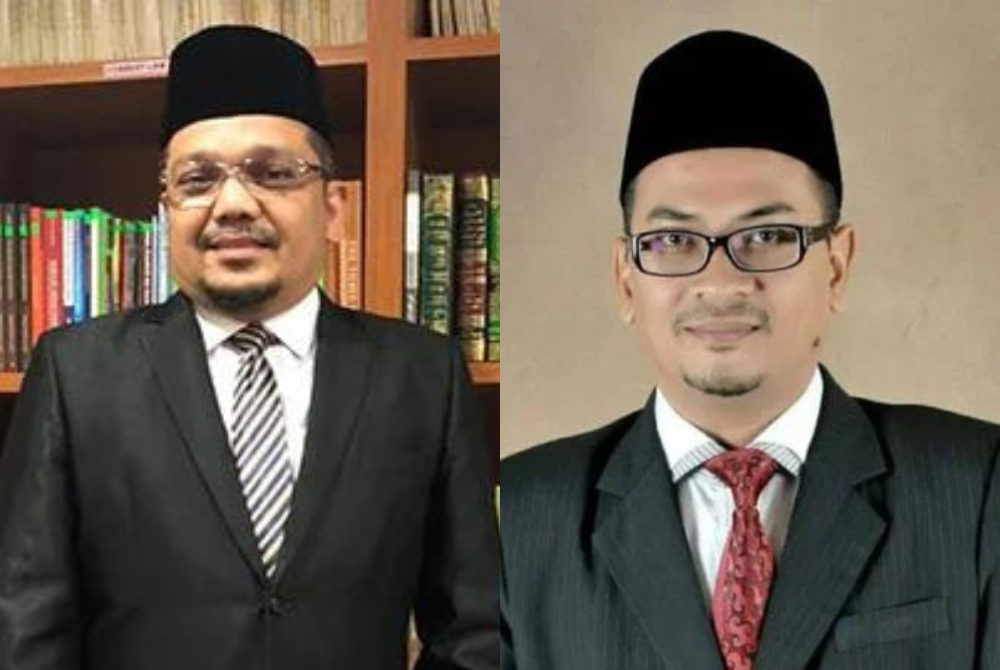PGSM welcomes Sultan's directive, hopes proposed amendments will respect separation of powers

SHAH ALAM - The Malaysian Sharia Lawyers Association (PGSM) describes the decree of the Selangor Sultan, Sultan Sharafuddin Idris Shah urging for the immediate establishment of a special committee to conduct an in-depth and critical study on the competence of the State Legislative Assemblies to enact Islamic laws under state enactments and the jurisdiction of the Syariah Courts, as timely.
Its President Musa Awang said that in light of recent developments where specific parties are challenging numerous cases under the jurisdiction of the Syariah Courts, it is appropriate to form such a committee.
He noted that these challenges have also created a negative image and perception of the Syariah Courts, which are under the jurisdiction of the State Legislative Assemblies.
"PGSM acknowledges the concern of His Royal Highness Sultan as the National Council for Islamic Religious Affairs (MKI) Chairman regarding the management of Islamic affairs in this country.
"The conflicts of jurisdiction between the Federal and State governments should be swiftly resolved for the progress of both society and the nation," he said in a statement today.
Yesterday, Sultan Sharafuddin highlighted the immediate need to establish a special committee to conduct an in-depth and critical study on the competence of the State Legislative Assemblies to enact Islamic laws under state enactments and the jurisdiction of the Shariah Courts.
As the MKI Chairman, he mentioned that this directive stems from recent challenges posed to cases under the jurisdiction of the Syariah Courts being brought before the Federal Court, particularly regarding the competence of the State Legislative Assemblies in formulating and approving Islamic (Syariah) laws, as well as the jurisdiction of the Syariah Courts.
Expanding on this, Musa expressed his hope that the proposed amendments to be presented by the special committee should be based on the principle of respecting the separation of powers between the state and federal entities.
It should also reflect Islam as the religion of the Federation (Article 3) and respect the exclusive powers of the Shariah Courts under Article 121 (1A) of the Federal Constitution.
"The proposed amendments to be presented by the special committee should not solely focus on the Shariah laws enacted by the State Legislative Assemblies.
"It should also encompass amendments to provisions in the Federal Constitution so that a comprehensive solution to these issues can be implemented," he added.
Meanwhile, the Federal Territories Syaria Lawyers Association President Datuk Zainul Rijal Abu Bakar echoed a similar sentiment.
He noted that establishing this special committee is essential to curb those who dare to challenge Syariah laws in the states.
Zainul Rijal stressed that it is fundamental for the civil and Syariah courts to complement each other rather than compete.
"I support His Majesty's decree (and the members of the special committee) in appointing individuals proficient in law to amend the constitution to resolve this dilemma.
"The legal history of the country should also be taken into account (in the effort to establish this special committee) since both (the jurisdiction of the civil and Shariah courts) are valid legal systems," he told Sinar today.










